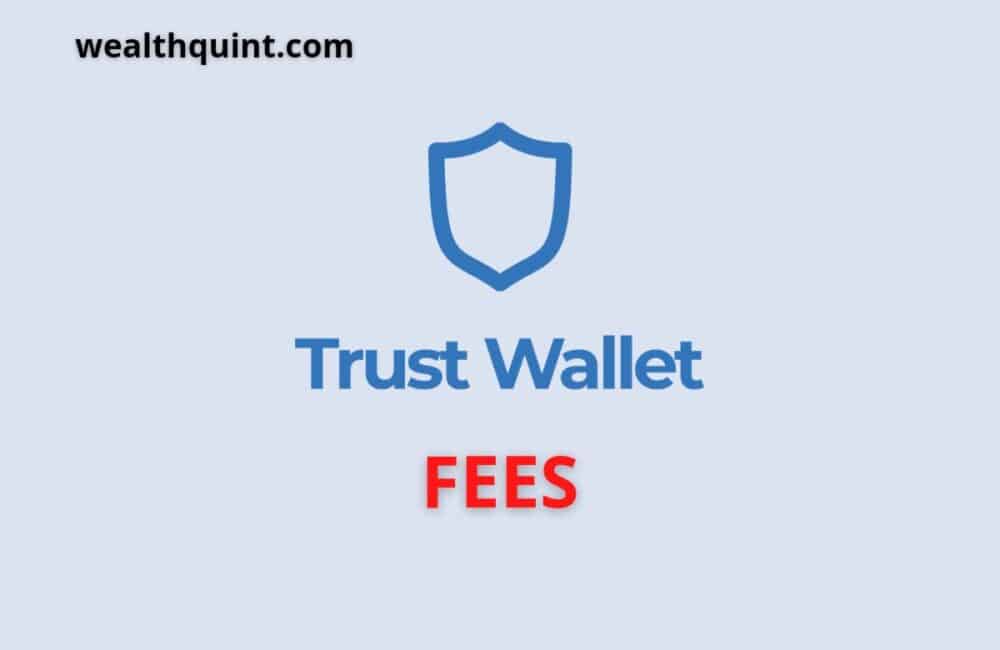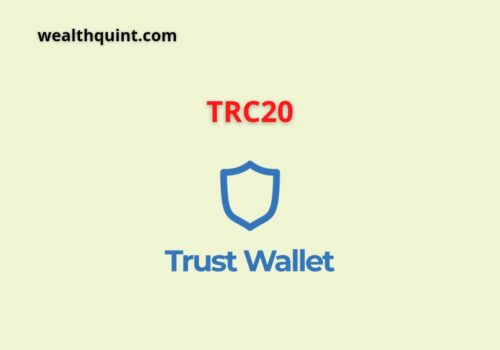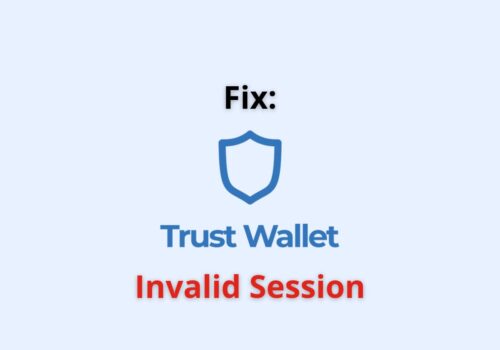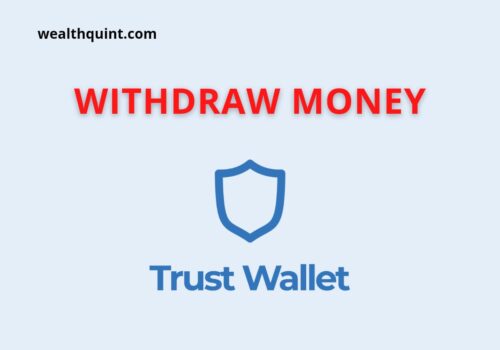Trust Wallet is a highly secure digital wallet for your cryptocurrency needs. It is completely decentralized in nature, which means no major party controls the flow of currency.
Everything is controlled by the user, with the trust wallet project holding no personal information or funds. They are simply an intimidator that ensures that two encryption keys match to process the transfer.
Their main goal is to ensure safe and user-friendly for all. As someone who uses Trust Wallet, you might have seen certain fees being deducted during transactions. This article breaks down the trust fees; how is it charged? And the ways you can avoid them.
Does Trust Wallet Charge Any Fees?
On paper, Trust Wallet does not charge any explicit fees from the side of the community. However, some transactional fees incur to complete the crypto transactions. It is the necessary payment required to power the network and ensure transactions are completed.
Trust Wallet Fees
In essence, there are two types of fees that are paid:
- Network fees are charged every time a cryptocurrency transaction occurs.
- Gas fees that are charged by the Ethereum blockchain.
It is important to note that Trust Wallet does not get a single penny from these, and all the crypto is transferred to the miners who operate the Blockchain.
Trust Wallet Gas Fees
Gas is just a fun terminology used to describe the small fees paid to run the Blockchain.
When you hold Etherium in your Trust Wallet, a gas fee is charged to validate the two crypto blocks. It ensures that the transaction is completed and the miners can run a network of computing networks.
In the case of Etherium, the gas fees are denoted by Gwei, which is one-billionth of 1 ETH. It is the common bit-sized currency used among the community.
Does Trust Wallet Charge Fees?
No Trust Wallet does not charge its user any fees, and there are hidden fees on their end.
What Are Network Fees On Trust Wallet?
Network Fees are essentially the reward for a Proof of Stake system in the Blockchain. When the miner is chosen to carry out a transaction block, they validate a block of transaction. The miners are essentially paid in Network fees which are collected from the user.
Why Is Trust Wallet Network Fee High?
The Trust Network fees essentially depend on the urgency of transactions and the market trends. If you are being charged higher fees than usual, it could be due to the cryptocurrency or setting options.
How To Reduce Network Fee On Trust Wallet?
- You can monitor the network fees for different cryptocurrencies and see the trending rate. If the transaction is not time-sensitive, then you can do it on another date.
- Avoid making smaller transactions and try to make one large transaction in a go.
- When making a transaction, change the network fees by going into the advance section and filling it manually.
Note: This might cause some transaction issues, so go ahead wisely.
How Much Does It Cost To Transfer Money From BNB To Trust Wallet?
You can be required to pay up to 5 percent in a transaction fee from BNB to Trust Wallet.
Which Cryptocurrency Has The Lowest Network Fees?
Here are the top 5 cryptocurrency that provides the lowest fees with quick transactional times-
- Nano: 0 dollar
- Digibyte: $0.0005 fee
- Bitcoin SV: $0.00055 fee
- XRP: $0.00078 fee.
What Are The Top Reasons That The Network Fees Increase?
It largely depends on the frequency of transactions, as network fees can go up with higher activity. It is why many experts recommend avoiding busy hours and making transactions at off periods.
Final Thoughts
You have now learned all about Trust Wallet and what fees can be applied to you. Keep an eye on fee fluctuations and save a lot of money in the long run. Another way you can ensure some savings is by avoiding cryptos that charge you more in-network fees.
Recommended:




